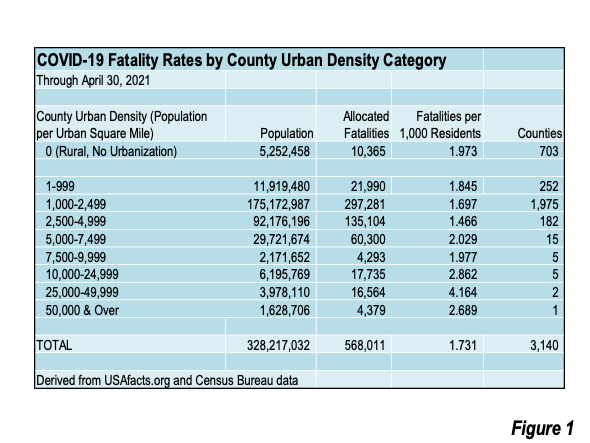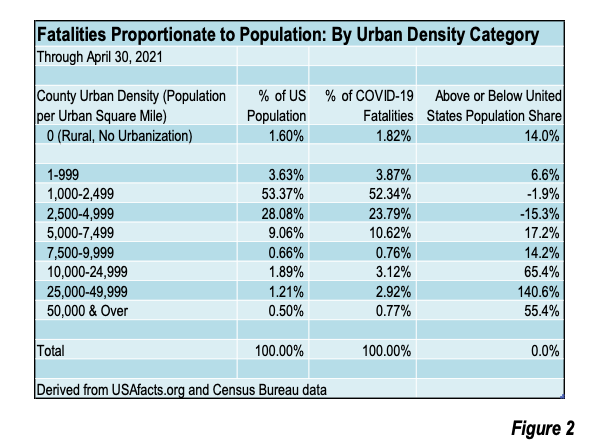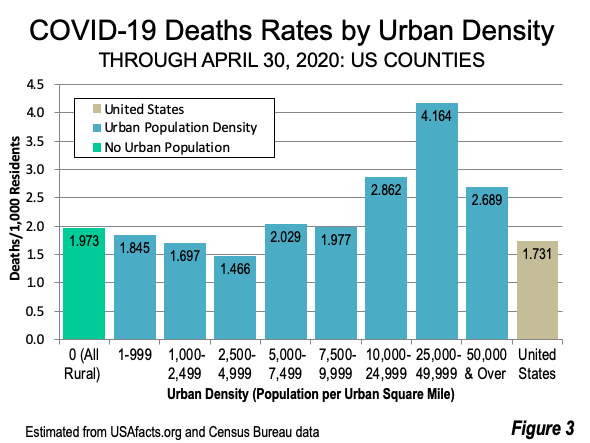On this episode of Feudal Future, hosts Joel Kotkin and Marshall Toplansky are joined by Andrew Romans, Venture Capitalist, 3x author, advisor to Corporate Venture Capital Groups & Host of podcast - Fireside with a VC.
Andrew Romans is the founder of 7BC Venture Capital and Rubicon Venture Capital. Andrew lives by the motto - only invest if you can add value – otherwise, you do not deserve to be in the deal. He has financially outperformed more than 75% of all VCs in Silicon Valley. Before becoming a VC he was a VC-backed entrepreneur and 3x author, former techVC and M&A investment banker, founder of The Founders Club & cofounder of Georgetown Angels. He is the author of Masters of Corporate Venture Capital, Masters of Blockchain & The Entrepreneurial Bible to Venture Capital, which have been translated into Chinese, Japanese, Italian and Russian by major publishers. Romans raised over $48m for tech startups he founded by the age of 28. He is fluent in English, French & German. MBA Georgetown University, which he completed on scholarship.
[ 2:33] Concentration of power in global tech
[ 6:45] Historians perspective of the power of tech giants
[16:30] The impact on the middle class and becoming labor slaves
[29:08] Effect of regulations on tech giants and a glimpse into the feudal future
This show is presented by the Chapman Center for Demographics and Policy, which focuses on research and analysis of global, national and regional demographic trends and explores policies that might produce favorable demographic results over time.
Listen on Apple Podcast
Listen on Stitcher
Listen on Spotify
More podcast episodes & show notes at JoelKotkin.com
Learn more about Andrew Romans and his company here : https://7bc.vc/
Watch Episode Video















